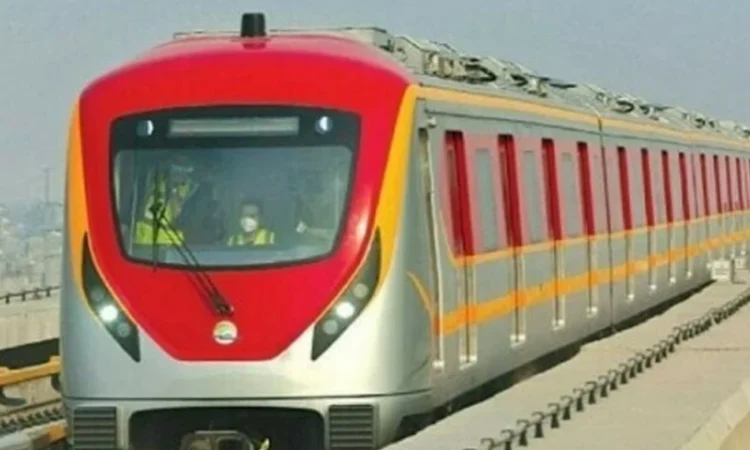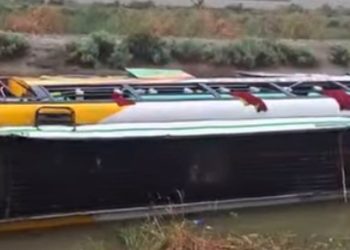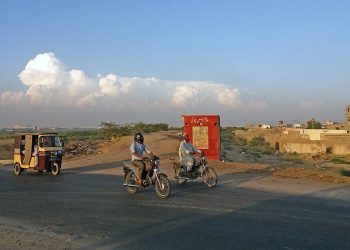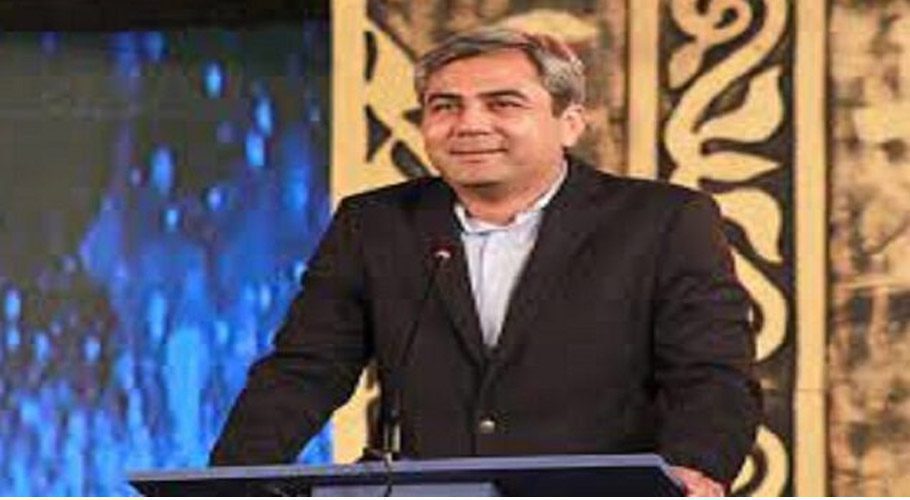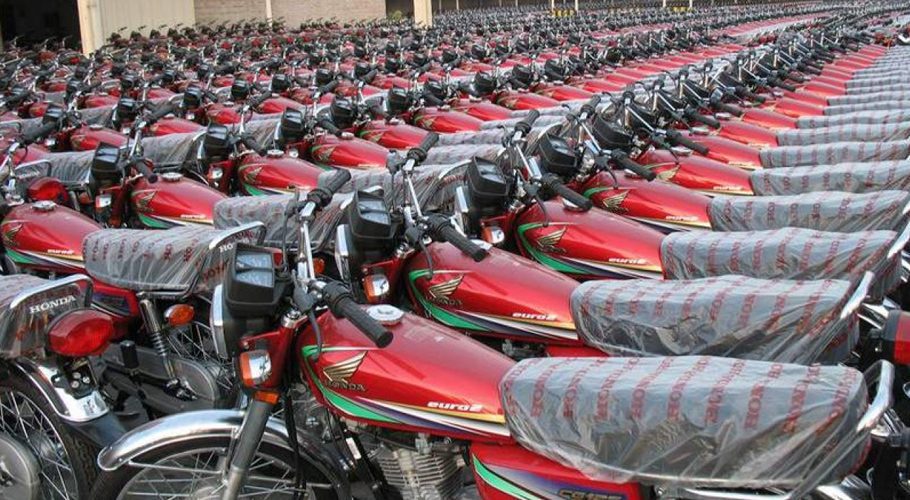LAHORE: A broad coalition of civil society groups, environmental experts, architects, and citizen organisations — including the Lahore Conservation Society (LCS) — has formally written to Punjab Chief Minister Maryam Nawaz, calling for the cancellation of the proposed Yellow Line Metro Train project in Lahore.
Major national and local organisations such as the World Wide Fund for Nature (WWF), Institute of Architects Pakistan (IAP), Pakistan Council of Architects and Town Planners (PCATP), Human Rights Commission of Pakistan (HRCP), renowned architect Yasmeen Lari, the Heritage Foundation, Shirkat Gah, Soch, PILLAC, Sarang, Women’s Action Forum (WAF), CROM Lahore, Lahore Sangat, noted urban planner Arif Hasan, the Urban Resource Centre, and the Sarhad Conservation Network, among many others have opposed the proposed train project.
In their letter, LCS and other member organisations of the “Lahore Bachao Tehreek” argued that the Yellow Line project is not only environmentally damaging but also financially burdensome and misaligned with the city’s actual needs. They urged the government to immediately shelve the plan.
The letter states that for a city like Lahore—delicate in its historical, cultural, and ecological dimensions—there is an urgent need for affordable, sustainable, and eco-friendly transport options that meet international standards.
LCS President and Lahore Bachao Tehreek convener, Imrana Tiwana, said that instead of felling thousands of trees, destroying historic green corridors, and wasting billions of rupees in the name of development, the government should opt for solutions that secure the environment, public health, and civic amenities for future generations.
She warned that the Yellow Line project would cause severe environmental degradation and breach several national and international environmental agreements.
The letter also stressed the need for legal protection of trees in Lahore, including proper registration, monitoring, and legislation to prevent unlawful felling, so as to preserve urban oxygen levels and ecological balance.
The coalition urged the Punjab government to adopt “green zoning” principles to protect parks, green belts, and natural open spaces from large-scale infrastructure developments.
It proposed introducing an electric and hybrid bus-based Bus Rapid Transit (BRT) system using existing infrastructure—an efficient, low-cost, and environmentally friendly alternative.
Other recommendations included developing safe routes for pedestrians and cyclists, launching bike-sharing programmes around educational institutions, markets, and transport hubs, and creating a digital smart transport system to ensure commuting is affordable, accessible, and eco-conscious.
Imrana Tiwana stressed that for a historic and culturally rich city like Lahore, there is a pressing need to shift from car-centric development to people- and environment-friendly urban planning.
She added that the massive funds being allocated to the Yellow Line project should instead be diverted to basic public services like clean drinking water, sanitation, healthcare, and education—needs that are acutely felt by every citizen.







